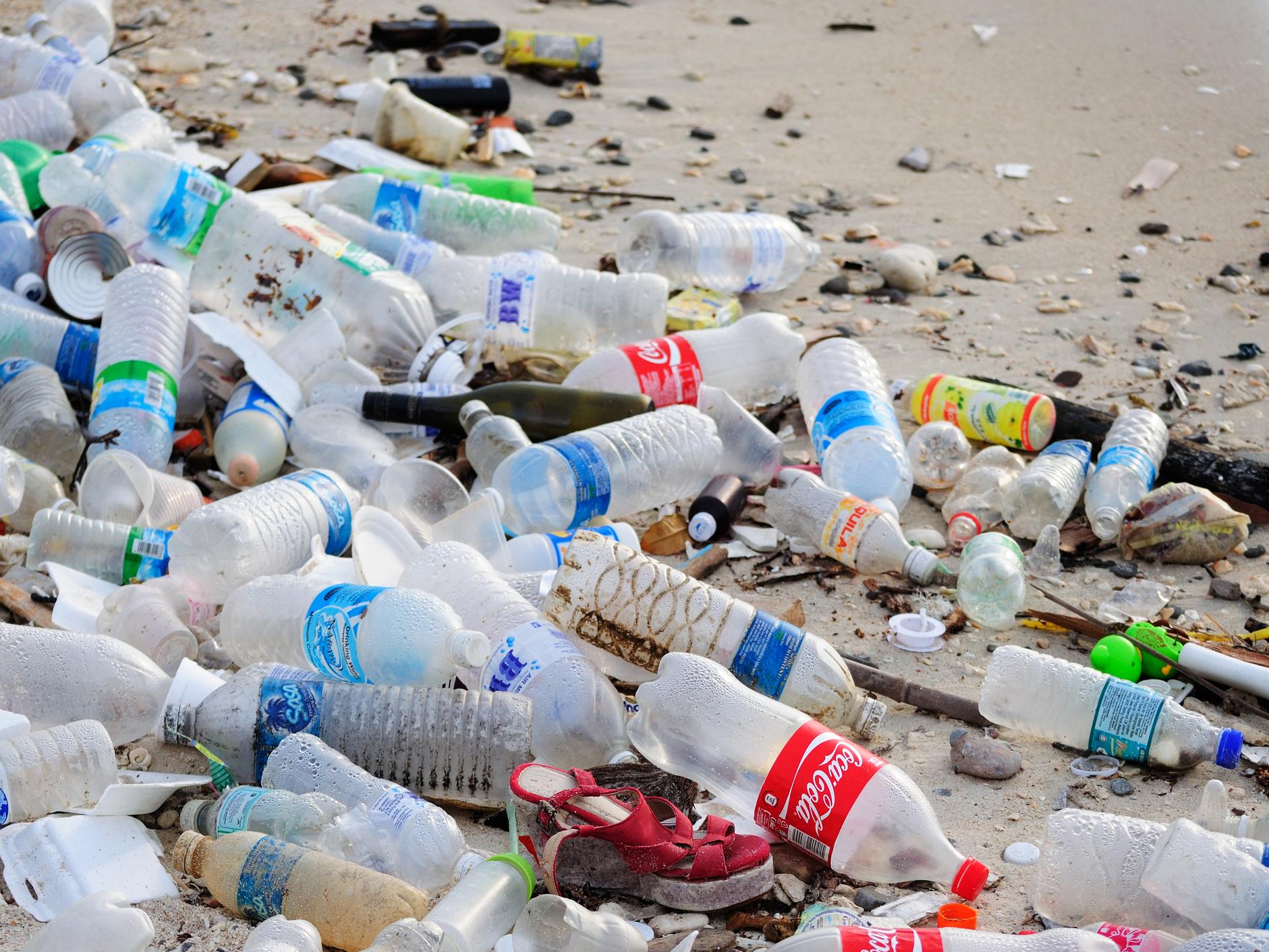UK could adopt strict Norway plastic bottle recycling system
Britain recycles just over 50 per cent of the plastic bottles used, compared to 97 per cent in Norway

Your support helps us to tell the story
From reproductive rights to climate change to Big Tech, The Independent is on the ground when the story is developing. Whether it's investigating the financials of Elon Musk's pro-Trump PAC or producing our latest documentary, 'The A Word', which shines a light on the American women fighting for reproductive rights, we know how important it is to parse out the facts from the messaging.
At such a critical moment in US history, we need reporters on the ground. Your donation allows us to keep sending journalists to speak to both sides of the story.
The Independent is trusted by Americans across the entire political spectrum. And unlike many other quality news outlets, we choose not to lock Americans out of our reporting and analysis with paywalls. We believe quality journalism should be available to everyone, paid for by those who can afford it.
Your support makes all the difference.The UK could adopt a Scandinavian-style deposit-based plastic bottle recycling system in an effort to reduce levels of unnecessary waste.
Government advisers visited Norway to investigate the country’s industry-led scheme credited with increasing plastic bottle recycling levels to 97 per cent. It is thought likely a similar system will be adopted in Britain.
In the UK the proportion of plastic bottles currently recycled is estimated at 50 per cent, and the country is facing a crisis over a build up of plastic waste.
The problem has worsened since the beginning of the year after China stopped accepting foreign waste. In recent years China has taken 500,000 tons of plastic from the UK a year.
The Norwegian method of encouraging recycling is believed to be one of the simplest and most cost-effective ways of reducing plastic waste.
The method is very similar to glass bottle deposit systems that used to function across Europe, including in Britain. As plastic bottles became increasingly common, many countries stopped the deposit system, but in Norway it was transferred to plastic bottles.
Here is how it works:
Consumers pay a small additional charge on each bottle they buy. When the bottle is returned either to the shop or a recycling machine, the deposit is refunded.
A charge of 1 Norwegian Kroner (9p) is applied to each standard 500ml bottle, and a 2.5 Kroner deposit (23p) for larger bottles.
Shops are given a small handling fee for taking the returned bottles. Recycling machines - often found in supermarkets - read the barcodes of the bottles and usually offer customers vouchers for the shop, or the option of making a charitable donation.
The scheme is partly funded by the unclaimed deposits, and the drinks manufacturers pay the rest.
In the UK over 35.8 million bottles are consumed each day, with 16 million of these failing to reach plastic recycling facilities.
The UK government’s working party will point at Norway’s method as an example of an effective solution to the problem.
Modern plastics have only become widespread over the past 60-70 years, and almost all of it still exists in some form. About 70 per cent of it is now useless waste, and is either in landfill sites or in the environment, a 2017 study estimated.
At the end of last year the United Nations said we are in the grip of a “planetary crisis”, with marine life now threatened by “irreparable damage”.
The Independent has contacted the Department for Environment, Food and Rural Affairs for comment.
Join our commenting forum
Join thought-provoking conversations, follow other Independent readers and see their replies
Comments